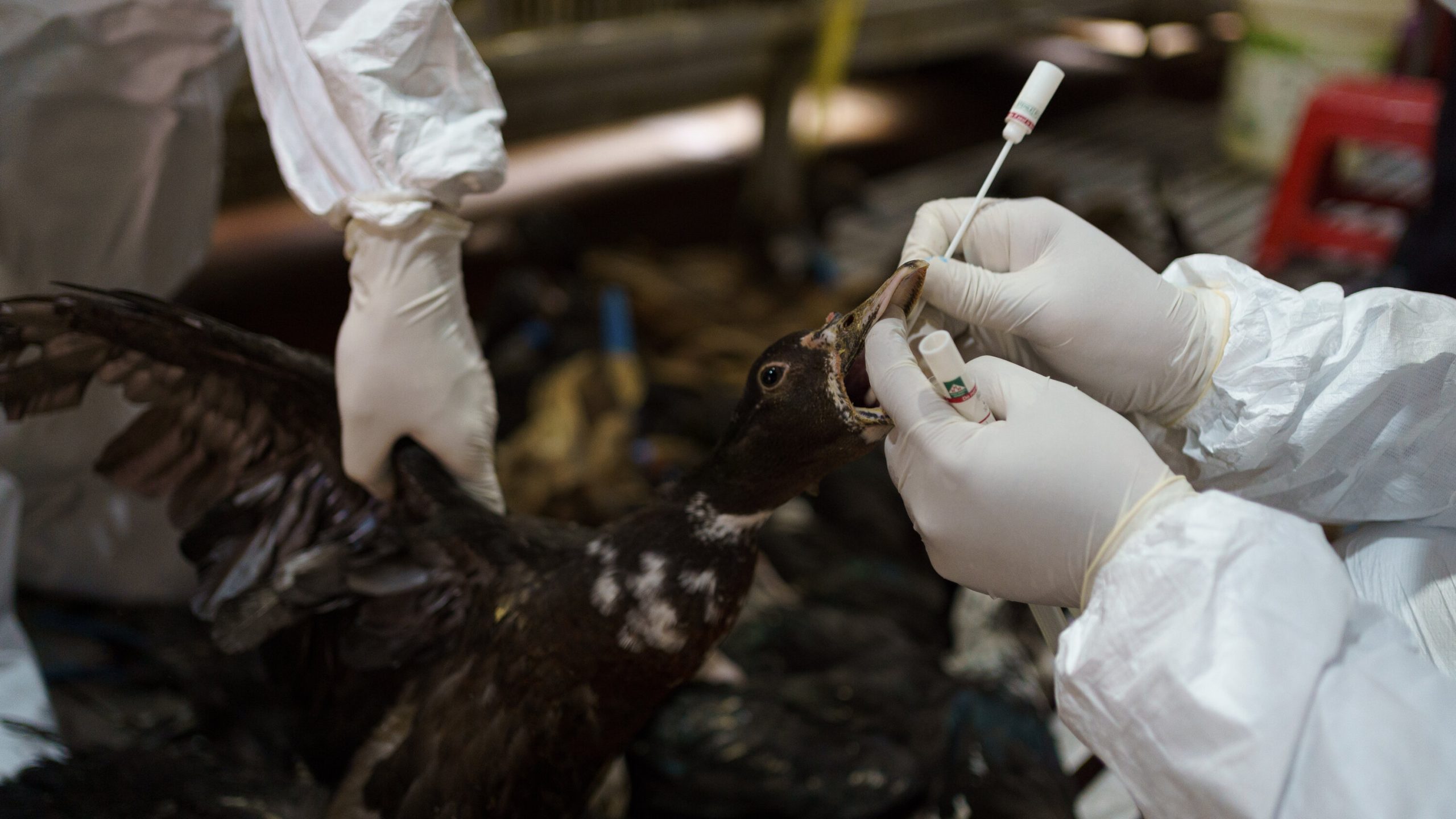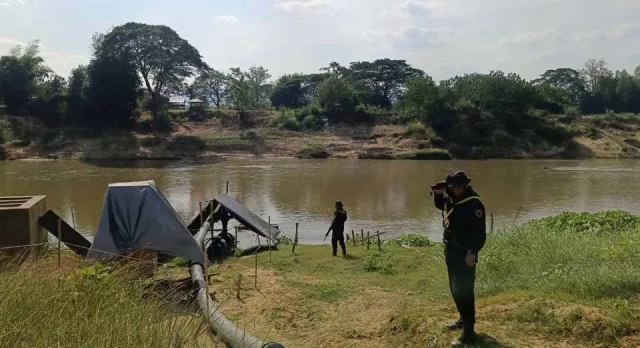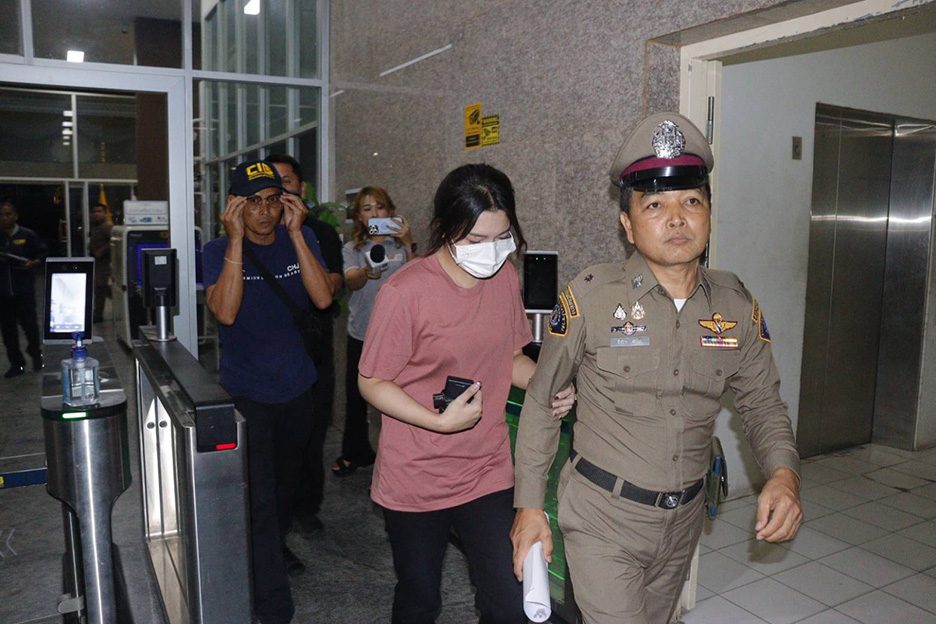Increased Monitoring Following Outbreaks
Public health authorities in Thailand are ramping up surveillance for bird flu as cases emerge in neighboring countries following significant outbreaks in the United States. The Department of Disease Control (DDC) is collaborating with the Livestock Department and the Department of National Parks, Wildlife, and Plant Conservation to prepare for any potential outbreaks.
Historical Context of Bird Flu in Thailand
Thailand has remained free of bird flu cases since 2006; however, DDC director-general Dr. Panumas Yanwetsakul expressed concern over the current global situation. The recent report from the US Centers for Disease Control and Prevention indicated that 64 individuals across nine states contracted the H5N1 virus this year, raising alarms about the potential spread of the virus.
Global Bird Flu Statistics
Cases and Fatalities Worldwide
The World Health Organization (WHO) has reported a total of 939 bird flu cases globally since 2003, resulting in 464 fatalities across 24 countries. This alarming statistic underscores the need for heightened vigilance as bird flu has also been reported in countries bordering Thailand, including Vietnam, Cambodia, and Laos.
Thailand’s Geographic Risks
Vulnerability Due to Location
Dr. Panumas highlighted Thailand’s central geographic position in Southeast Asia as a significant risk factor for potential bird flu outbreaks. The combination of transnational travel and extensive poultry farming further increases the likelihood of exposure to the virus.
- Preventive Measures: The DDC is implementing a comprehensive approach under the One Health system to mitigate risks and prevent any outbreaks within the country.
Enhanced Surveillance and Screening Protocols
Hospital Preparedness
To protect against human infections of bird flu, stricter surveillance measures are now in place at hospitals. The DDC has mandated screening checkpoints and elevated screening protocols for patients exhibiting symptoms such as coughing, muscle tension, or breathing difficulties—especially those with known exposure to birds or livestock.
- Public Awareness: Individuals experiencing these symptoms are urged to seek medical attention promptly for screening tests.
Reporting Abnormal Livestock Deaths
Farmers’ Responsibilities
The DDC has instructed farmers to report any unusual deaths among their livestock immediately, particularly concerning birds and cows. This proactive measure aims to identify potential outbreaks early and contain them effectively.
Protective Measures for High-Risk Individuals
Vaccination Recommendations
Individuals with higher exposure risks, such as healthcare workers, livestock officers, and wildlife conservationists, have been advised to receive annual influenza vaccinations. This precaution helps reduce the likelihood of contracting bird flu.
- Vaccine Security Initiatives: Dr. Direk Khampaen, deputy director-general of the DDC, emphasized efforts to improve vaccine security in Thailand by supporting local production of flu shots. This initiative aims to decrease reliance on imported vaccines and enhance national readiness for health emergencies.
Vigilance Against Bird Flu Threats
As Thailand increases its surveillance efforts against bird flu amid rising global concerns, public health authorities are committed to safeguarding both human and animal health. By implementing robust monitoring systems, enhancing hospital preparedness, and encouraging vaccination among high-risk groups, Thailand aims to prevent potential outbreaks and protect its citizens from this serious health threat.








